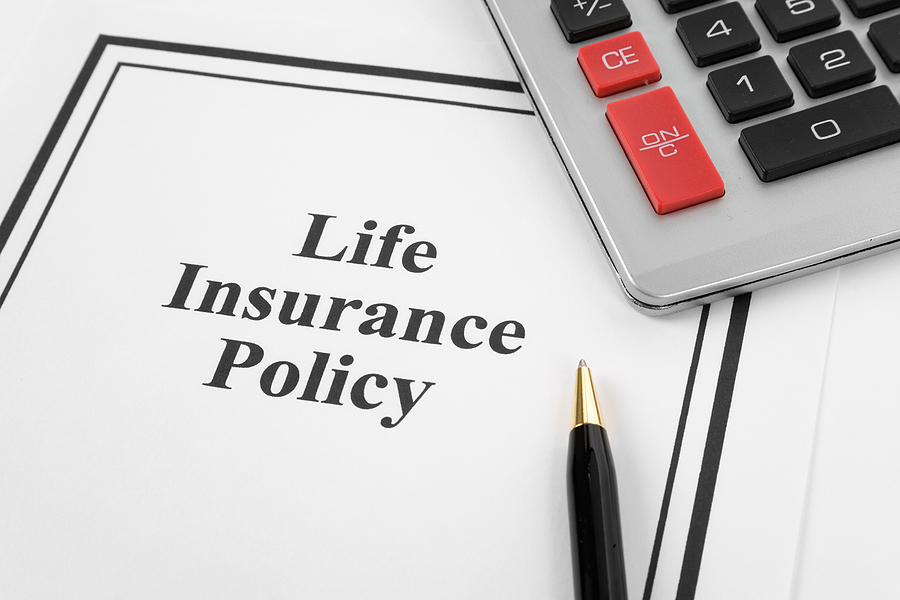People with addiction have the right to start a new life with treatments available around them. However, it may require them a lot of money, especially rehabilitation facilities. If you are going through this situation and want to heal, you do not have enough funds. How will you pay for it? The good news is you can read about the other ways and options you can consider below.
1. Through A Private Insurance
Several healthcare companies offer rehabilitation coverage. It means that the cost of your therapy will be under your insurance. However, not all of them are offering to cover the entirety of the medication. Some are only willing to give a portion. If you want to know more about their care level, you can read the company’s policy on their websites.
With this said, it is vital to select the facilities that allow you to pay through private insurances. It is profoundly advisable to look for a rehab that accepts Optimal Health coverage, assuring your medical treatments then, hospitalization programs will not be as expensive as you think.
2. Through Acquiring Loans
When you have no money to spend on medical intervention today, but you expect that you will gain some in the upcoming months or years, this option is for you. There are treatment centres that allow its patients to acquire loans through financing.
Depending on the policy you agree on, you can pay while conducting the medication through instalment or maybe after it and deliver it fully. However, there are qualifications and requirements needed for you to pass.
3. Through Fundraising
Raising money is not difficult with the help of social connections and social networking sites. If you have nowhere to go and have no insurance, you can try to get funds by asking for donations. It is always remarkable to see how many people are willing to help you in the process of healing.
You can also sell and bargain some stuff and belongings that you do not need anymore. Conduct a garage sale or sell directly to the online marketplace. Organizing fundraising activities like marathons may be a stretch, but it could work. And the money will go to your bills in the healthcare facilities.
4. Through Government Programs
Most local governments show care to the people under their jurisdiction by providing public healthcare services, including rehabilitation. They have programs under the department supervising health. And usually, they offer both inpatient and outpatient care.
You only need to qualify and provide the documents for legitimate proof that you are a rightful citizen. Records may include proof of residence and proof of citizenship. Also, they may require you the history and background of your addiction. And they may look at the document stating that you are not capable of paying for your treatment.
5. Through Non-Profit Organizations With Treatment Centers
There are organizations everywhere that are willing to provide you with the care you need to recover from addiction without paying anything. They will also cater to your accommodation and food. However, you must work for them in exchange.
Do not worry, for the work is usually not heavy, and sometimes they only require you to work on administrative duties such as arranging documents for them. But there is a specific contract on how long you should be working. Typically, the basis is the duration of your entire treatment.
6. Through Asking Your Family and Relatives
When you think no one is there to help you, think again because your family will always care for you at some point. The last possible resort you can have in paying for your addiction treatment is borrowing from your relatives. As they say, your family will be the persons who are willing to go down with you.
7. Through Sponsored Health Benefits
This option is almost similar to the government programs offering free healthcare services. The difference between the two is that the previously mentioned is open to anyone in public, but this one is more specific regarding who can avail of such health benefits.
Only persons who are eligible under the said program can qualify. What are its eligibility requirements? It differs from one program to the other. Still, generally, they only accept people over the age of 65, people below the age of 19, pregnant women, persons with a disability, or persons who are within the specified range of income they state.
Image Source: BigStockPhoto.com (Licensed)
Related Categories: Health, Reviews








